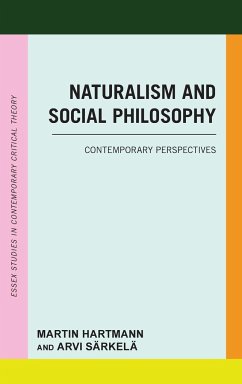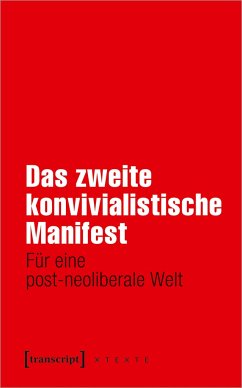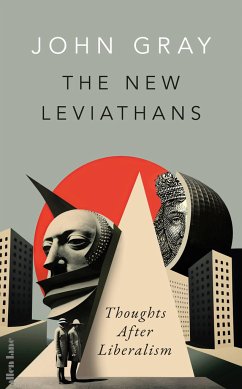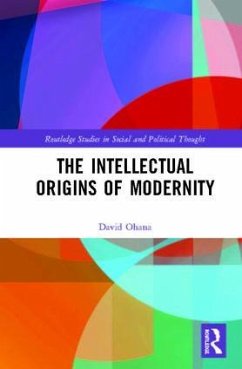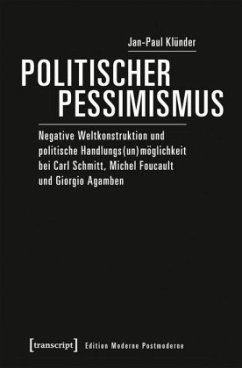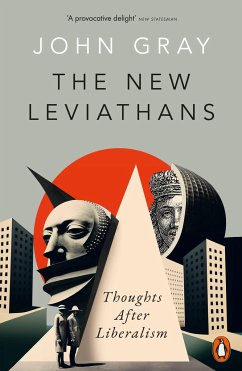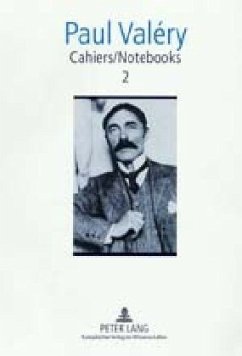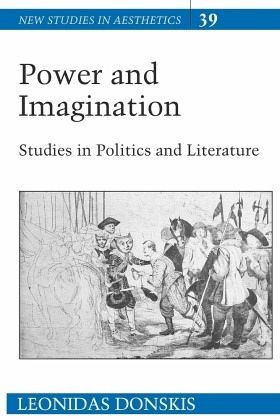
Power and Imagination
Studies in Politics and Literature

PAYBACK Punkte
0 °P sammeln!
Classical and modern literature often reveal more about the organized world's forms of power and authority structures than do works of political philosophy. What are the origins of political consciousness? How does our understanding of political power and its exercise originate in literature? Why do the early manifestations of political and religious tolerance appear in utopian literature, rather than in philosophical treatises? Is it possible to do fictionally what others tend to do academically and theoretically? Exploring these questions allows Leonidas Donskis to analyze the relationship b...
Classical and modern literature often reveal more about the organized world's forms of power and authority structures than do works of political philosophy. What are the origins of political consciousness? How does our understanding of political power and its exercise originate in literature? Why do the early manifestations of political and religious tolerance appear in utopian literature, rather than in philosophical treatises? Is it possible to do fictionally what others tend to do academically and theoretically? Exploring these questions allows Leonidas Donskis to analyze the relationship between power and imagination, politics and literature, and the principles of reality and imagination.




